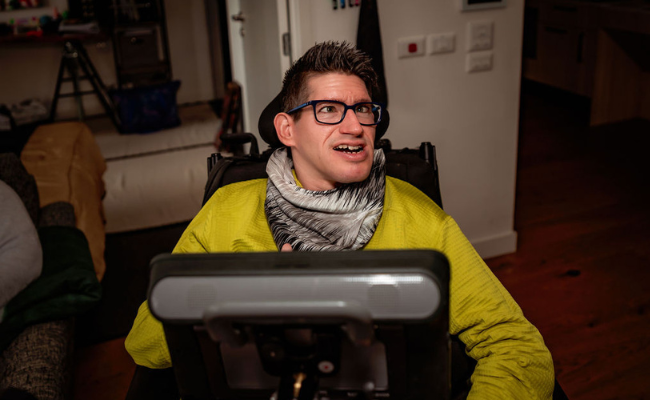ILO Frequently Asked Questions
What are Individualised Living Options (ILOs)?
Many people with disability need a lot of support to live independently in the community, but don’t want to live in a group home with other people.
Individualised Living Options (ILOs) are different ways you can do this. ILOs are tailored to each person. They may take time to plan.
Examples of different ILOs
It’s easiest to understand ILOs when they are described with examples.
For example, it’s possible for a person with a disability to share their home with a supportive housemate. The housemate provides some support at agreed times, and pays less rent.
There is also a ‘host arrangement’. Another person, couple or family welcomes a person with disability into their home and provides some support. The host receives funding from the person’s NDIS plan to do that.

*Adapted from Western Australia's Individualised Services, My Life Your Life – Creating Home
In both these examples, people may also have daily help from support workers, or family members, a friendly neighbour or other supports that help them live their life. This is all organised as part of an ILO arrangement.
These are just a couple of the many creative ways people are working out how to live supported and well.
ILOs are about support
The above examples show that ILOs are about support. ILOs have nothing to do with funding the cost of your home, such as rent.
Even before the NDIS, there have been lots of examples of ILO-type arrangements around Australia and the world. You can take a look at some resources in the question below called “Where can I look for inspiration and ideas?”.
The NDIS makes it possible for lots more people who need support to live this way.
There are also examples in Australia outside of disability that we can use to understand how the money might work in these kinds of arrangements.
For example, in the foster care system a child lives with another person, couple or family who is not their birth family. Foster carers are provided with financial help but they are not paid a wage. There are similar examples in aged care. An older person might have a student live with them and help them in exchange for a reduced rent.
Frequently Asked Questions
Would you like some help from our team?
We can support you
- Phone us to talk about your housing needs on 1300 61 64 63 (Monday – Friday 10am to 3pm AEST)
- You can also send us an email at housingoptions@housinghub.org.au
Attend a free event
To find out about the range of housing options that are available to the people you support, register to attend one of our free events.
We will share information on many types of housing and you will have the chance to ask us your questions.
See an example listing for a housemate
Browse Resources

Housing Seeker Profile
Creating a Housing Seeker Profile is a simple process which involves telling us what you are looking for and what is important to you.

Housing Roadmap
The Housing Hub has worked alongside people with disability to map out the stages of a housing journey and the information you need to know about when moving through each step.

Living More Independently
The Housing Hub has teamed up with Mable to create a three-part series about living more independently.


